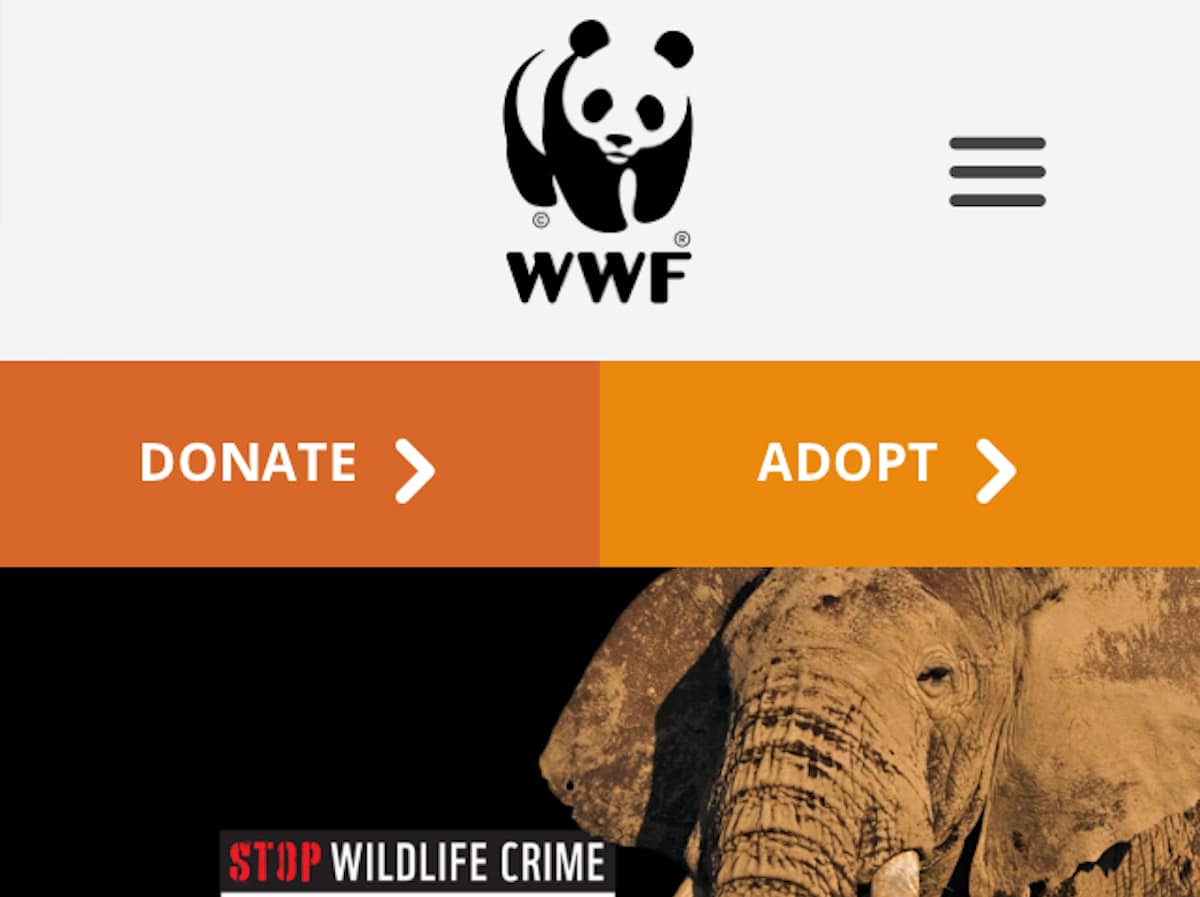
WWF Decides Not to Sell NFTs Following Backlash Over Climate Impact

The World Wildlife Fund (WWF) backed away from its controversial sale of Non-Fungible Tokens (NFTs) only two days after it was first announced.
The conservation charity announced via Twitter February 2 that it was releasing NFTs focused on 13 endangered species. Following an immediate backlash, however, the group reversed course February 4.
“We thank all of those who have generously supported our conservation work by purchasing NFTs,” WWF said in a statement posted on its website. “We have now agreed with our partners to bring this trial to a close this evening (Friday 4th February). We recognise that NFTs are a much debated issue and we all have lots to learn about this new market, which is why we will now fully assess the impact of this trial and reflect on how we can best continue to innovate to engage our supporters.”
Much of the controversy surrounded the carbon footprint of NFTs. NFTs are used to sell digital art because they assign the artwork a unique signature. However, they are supported by blockchain technology, which is extremely energy intensive.
WWF initially claimed that it was using an “eco-friendly” blockchain called Polygon, but experts and critics pointed out that Polygon is supported by another blockchain called Ethereum, which has a carbon footprint equivalent to Sweden’s. While WWF claimed a Polygon transaction had the carbon footprint of pouring a glass of water, experts disagreed.
“[W]e can establish the carbon footprint of a Polygon transaction is close to 430 grams of CO2,” the website Digiconomist calculated. “This is almost 2,100 times more than the optimistic estimate provided by the WWF, illustrating that Polygon is nowhere near as sustainable as claimed.”
Another argument against using NFTs is that it means tapping into a new, unregulated market, The Independent pointed out. Environmentalists often argue that unregulated markets end up harming the natural world.
By stepping away from NFTs, WWF is not avoiding controversy, however. The charity had already sold 174 of its “tokens for nature” for a total of $46,600 before it pulled the plug, Climate Home News reported. The biggest ticket item was of a digital image of a Tapanuli orangutan for almost $2,700. WWF said it would reimburse anyone who had purchased one of their NFTs through their official channels, but not through secondary markets. The decision to stop the sale angered some crypto enthusiasts, and many buyers did demand a refund.
“I’m still impressed [at] how they manage[d] to piss off environmentalist[s] and NFT enthusiast[s] at the same time,” one of the artists who designed NFTs tweeted, as Climate Home News reported.
WWF said that those who did not want to be refunded would be eligible for rewards, and the money they spent would still go towards conservation efforts.

 233k
233k  41k
41k  Subscribe
Subscribe 